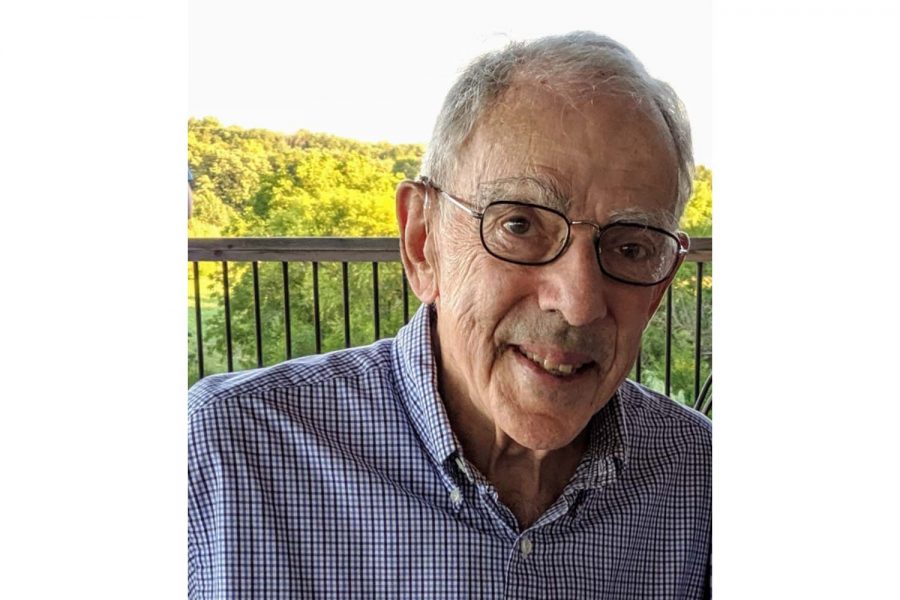Ask the Author – Carl H. Klaus
Essayist and founder of the Nonfiction Writing Program Carl H. Klaus shares insights from his decades worth of writing experience.
September 6, 2021
Carl H. Klaus is the founder of the Nonfiction Writing Program and a critically acclaimed essayist. His most notable works include Letters to Kate, Taking Retirement, Weathering Winter and My Vegetable Love. His upcoming book, The Ninth Decade, explores life after turning 80 years old. Klaus answered the DI’s questions over email.
Question: You’ve spoken a lot about a writing persona vs. a writer’s true self. What advice would you give writers struggling to find their essayist voice?
Answer: The struggle of essayists to find their voice is inherently at odds with the truth that we all have many sides, so a single unchanging persona and prose style couldn’t really do justice to the complexity of our lives and ourselves. In other words, the more versatile we can be in our writing, the more likely we are to be true at least to some aspect of ourselves at any particular moment in our lives — sometimes serious, sometimes playful, sometimes formal, sometimes casual.
Q: You’ve written about things as simple as gardening and winter weather. What is it about common occurrences that inspire you?
A: The commonness of common occurrences doesn’t make them any less interesting or inspiring to me. Indeed, I am often moved by their intimate connection to my personal experience, the experience of many others, and thus their widespread significance.
Q: What’s it been like to see the Nonfiction Writing Program grow over the years?
A: I have been awed by the notable success of the Nonfiction Writing Program in recent years, thanks especially to the long and devoted service of its former director, John D’Agata, as well as the gifted writers and students he brought to the program.
Q: What is something about you that might surprise readers?
A: People might be surprised to know that I once cared so little about reading and writing that in freshman English I was lucky to scrape by with a grade of C. In fact, I did not develop an interest in reading and writing literary nonfiction until many years later, until the latter years of my professional career. So, it might well be said that I was “a late bloomer.”
















